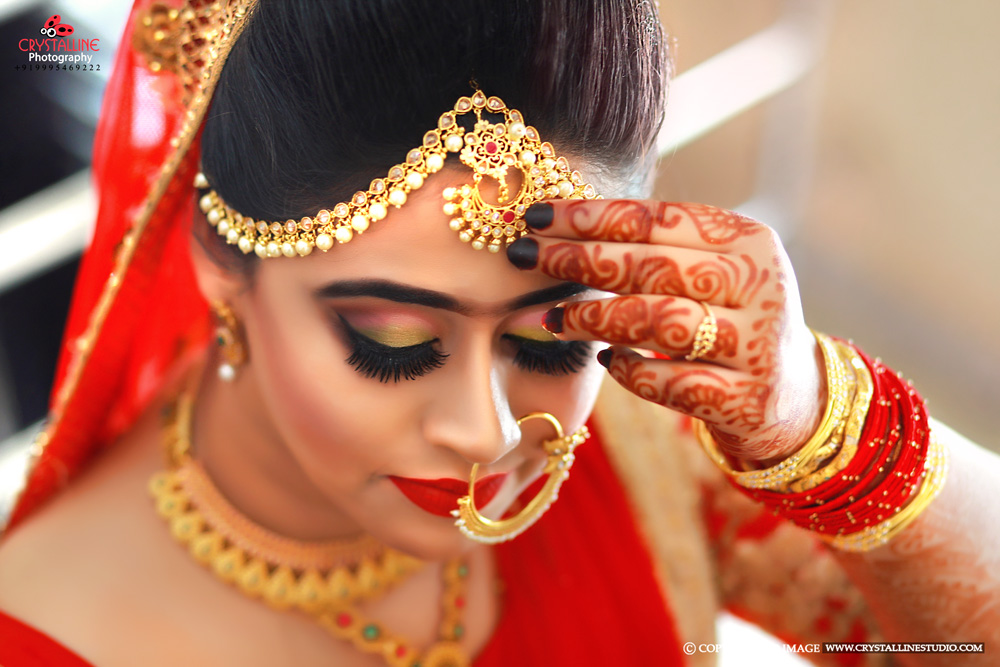- +91 999 546 9222
- studiocrystalline@gmail.com
- Quick Quote

Muslim Wedding Tradiions & Rituals In Kerala
There are many religions practiced in India, and each of them is unique in some manner. The wedding ceremony, however, is one element that all religions share and celebrate with fervor. Every religious wedding is distinctive in its own right, and the venue might affect the traditions and rituals observed there. The Malabar Muslim weddings in Kerala are among the most fun weddings.
The northernmost part of Kerala is known as Malabar, and its culture has Arab and Portuguese traces. As a result, Malabar's wedding customs are distinctive and inspired by North Indian, Arab, and various Nair community cultures.
A tradition known as Valayidal serves as the foundation for marriage traditions. In this custom, the mother of the bride's groom pays a visit and gives her a bracelet or necklace. The connection between the two families is formally established by this act. This practice is similar to the engagement ritual that takes place in North Indian weddings. Valayidal is followed by a practice known as Naal Nischayam. Setting an auspicious date for the wedding ceremony is part of this tradition.
Usually, a mosque cleric contributes to the date selection process. The ceremony then follows.
Typically, a mosque cleric contributes to the date selection process. The Mehendi ceremony follows, which is a ritual with great significance in the Muslim faith (Mailanchi Raavu). It takes place at the bride and groom's house the night before the wedding. An specialist applies beautiful Mehendi designs to the bride's hands and feet, while the family members dance and sing in joy.
Following this is the wedding day (Nikaah). This ritual may be performed in a mosque, the bride's house, or a wedding hall. The marriage contract is sign in this ceremony after the priest performs prayers to formally end the engagement.
A delicious feast featuring a variety of Muslim and Malabar traditional delicacies follows. Then comes the distinctive Arayil Koodal ritual, in which the bride and groom are brought to a Maniyara and the bride's mother presents them a glass of milk that they must share. The bride's family arranges a large feast later that evening as part of a tradition called Veettil Koodal. The festival is over with this ritual, which is followed by the last reception ceremony known as Salkaaram